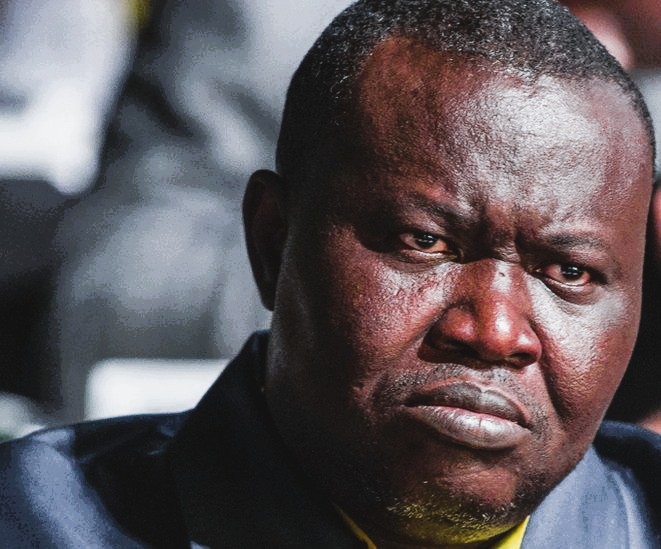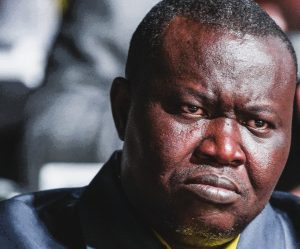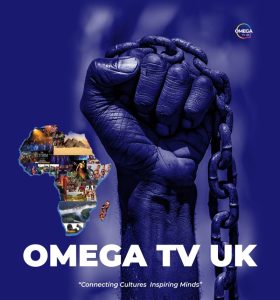Former head of Central African football body jailed for war crimes
3 min read
Former football chief Patrice-Edouard Ngaïssona jailed for war crimes in Central African Republic.
Former head of Central African football body jailed for war crimes
The International Criminal Court (ICC) has sentenced former Central African Republic (CAR) football federation head, Patrice-Edouard Ngaïssona, to 12 years in prison for committing 28 war crimes and crimes against humanity. Alongside him, Alfred Yekatom, a former militia leader nicknamed “Rambo,” was also convicted on 20 counts and handed a 15-year prison sentence.
Trial Details and Evidence Presented
The verdict was delivered after a nearly four-year-long trial involving more than 170 witnesses and close to 20,000 pieces of evidence. Judges found both men guilty of orchestrating widespread violence against the Muslim population in CAR between 2013 and 2014, in what the court described as a coordinated campaign of terror.
Roots of the Conflict in the Central African Republic
The conflict dates back to 2013 when predominantly Muslim rebels from the Séléka alliance seized power in the mostly Christian country. In response, a Christian militia group known as the anti-Balaka rose up, claiming to defend the Christian population. This triggered a brutal sectarian war that saw atrocities committed on both sides.
Leadership Roles and Strategic Attacks

Ngaïssona was described as the political coordinator of the anti-Balaka forces, allegedly providing funds, guidance, and support for operations that specifically targeted Muslims. Yekatom, on the other hand, was a frontline commander who led fighters into the capital, Bangui, on 5 December 2013. On that day alone, civilians were reportedly slaughtered in one of the deadliest events of the conflict.
Brutality and Methods of Violence
According to the prosecution, Yekatom authorized his men to commit horrific acts, including slitting throats, amputating ears, and burying victims alive. Prosecutors argued that the two men considered Muslims “enemies of the nation,” and had a clear strategy to eliminate them from areas under their control.
Legal Outcome and Specific Charges
While both men were convicted on multiple counts, Ngaïssona was acquitted of rape, and Yekatom was cleared of using child soldiers. Despite their denials and refusal to admit guilt at the start of the trial, the evidence presented led to their convictions. Their sentencing marks a rare instance of justice for victims of the CAR conflict.
December 2013: A Month of Mass Killings
Media reports from the time reveal that at least 1,000 people were killed in Bangui alone in December 2013 during tit-for-tat clashes. Half the city’s population was forced to flee, highlighting the scale and impact of the violence during that period. The ICC used this context to demonstrate the organized and deliberate nature of the crimes.
Who is Patrice-Edouard Ngaïssona?
Once known for his role in sports, Ngaïssona served as CAR’s sports minister and was elected to the executive committee of the Confederation of African Football (CAF) in 2018. His appointment was controversial due to the serious allegations against him. In 2015, he was barred from running for president of CAR because of his suspected involvement in the violence. Arrested by French authorities in December 2018, he was transferred to the ICC in early 2019.
Who is Alfred Yekatom?
Yekatom, elected as a Member of Parliament in 2016 despite being under United Nations sanctions, had a notorious reputation. He made headlines in 2018 when he fired a gun inside the parliament during a heated exchange and fled the scene. He was later arrested and became the first person extradited from CAR to the ICC for trial.
Human Rights Groups Applaud Convictions
The International Federation for Human Rights (FIDH) hailed the convictions as a major step in the fight against impunity. They noted that holding high-profile individuals accountable sends a powerful message to other perpetrators of violence in the region and beyond.






